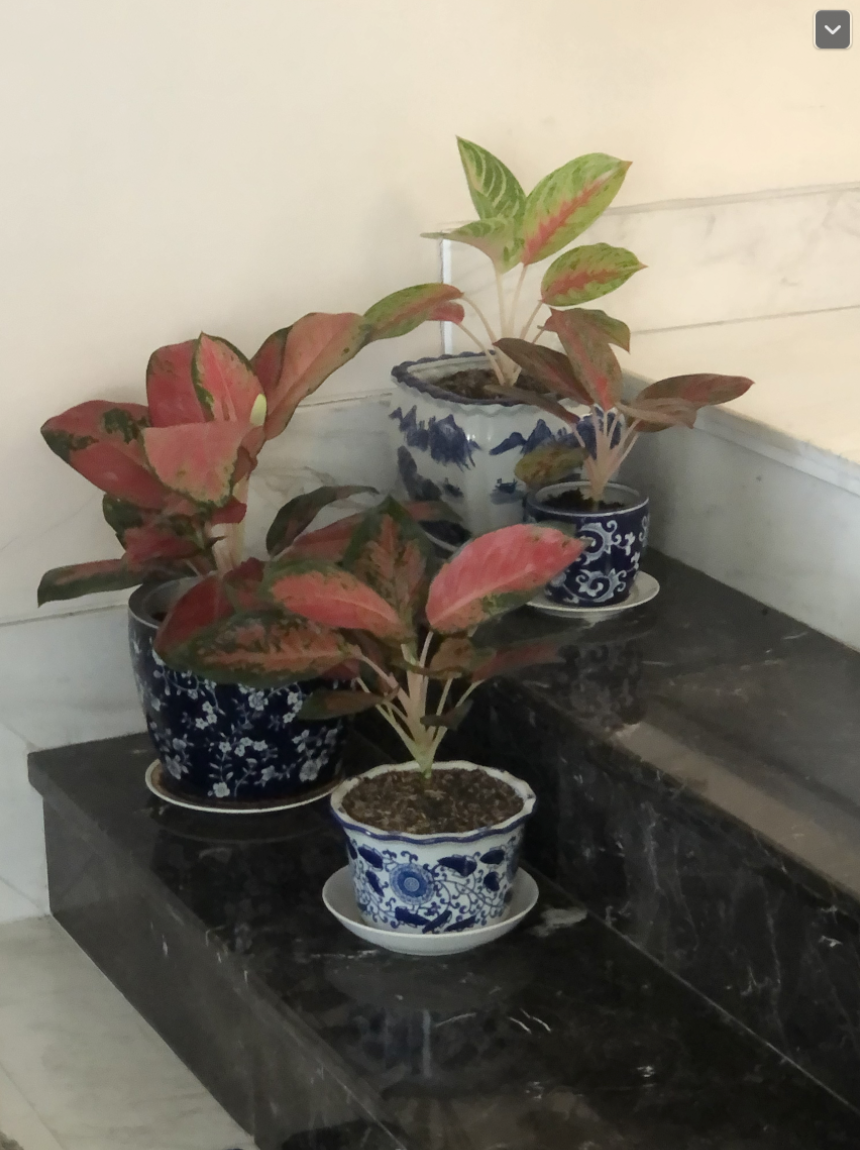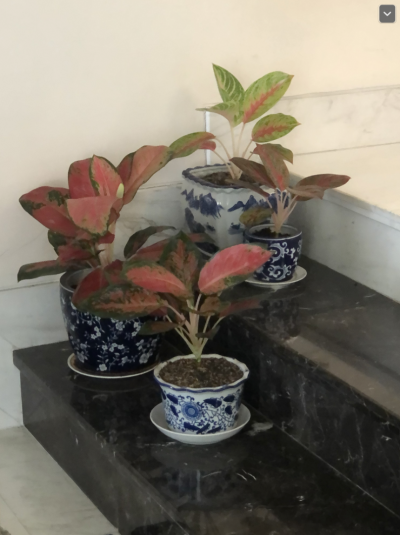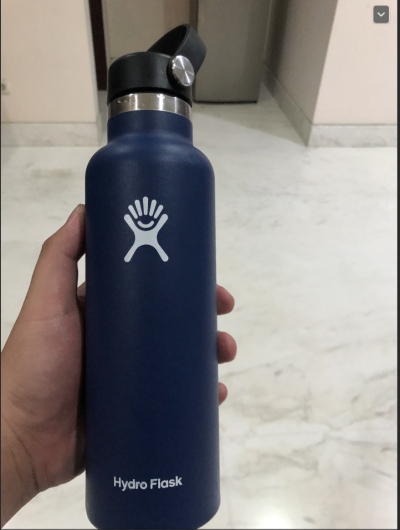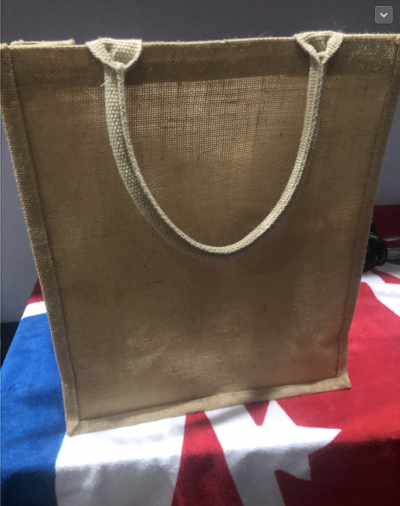
Learning Sustainability: A Personal Reflection
The importance of sustainability has always been something I’m vaguely aware of, through the occasional lesson and other experiences over the years, but for the most part it was like a TV show left going on in the background; I understood there was something going on and I caught enough snippets to get a general idea, but I wasn’t fully aware of what was being done, or for that matter the implications beyond a surface level.
Until recently, that was the extent of my understanding about it. My participation in the practice was limited to, at most, sorting recyclable waste into the correct bins when they were available. Not that such actions are inadequate on its own, but in hindsight, without a proper appreciation of the “threat” plastic waste poses to our environment, it does seem to ring a little hollow. I did so simply because I was told to, not from any real concern for the environment.
It would be easy to make excuses; to say that I live in a country where sustainability concerns are still sidelined, or to say that as a city boy born and raised in a metropolis I wasn’t exposed to natural environment often enough to develop a real connection to it. Or even maybe that as a student I was encouraged to focus on my personal future before I start worrying about bigger problems.
But the fact of the matter is I know a number of people who were in the same circumstances as I am who nevertheless ended up well-informed and active in sustainability-related movements, so I believe the reason most people don’t seem to care about sustainability is simply ignorance; which as commonly said, is bliss. I was definitely ignorant before I had the opportunity to learn more.
This course has given me the opportunity to learn and refine that knowledge into something more complete in my understanding. While it’s not my first exposure to sustainability, it is easily among the more consistent sources I’ve regularly interacted with. Through the result of lectures, works of my fellow students, and my own research, participating in this class through the semester has given me a clearer picture of what sustainability is, the various forms it can take, and its impact on our lives; both on an everyday scale and in the long-term.
However, getting from point A (understanding sustainability) to point B (active participant in sustainability) was not an instant process. For me at least, there was a lot of dissonance and doubt everytime I considered making an actively sustainable decision, that was the main obstacle between me understanding sustainability as a concept, to me being capable of making sustainable decisions on a personal level.
Before I understood it better, my main obstacle from participating in sustainability was that it seemed like too big a problem to be relevant on a personal level. Sustainability news usually concerned governments or big corporations, every industry had a related movement, every purchase was polarized; either saving the world or supporting child labor or something else equally terrible, and every brand in existence was either guilty of something or were guilty in their past and hid it. Climate change was progressing too fast and the environment we’re trying to help has far too many problems already.
This seems rather overwhelming to a newcomer like me, and led to a pretty unproductive mindset where one can be demotivated to do anything participatory. If the only outcome was to lose, then what’s the point in playing? It was easier to stay blind and leave it up to the people in power. The UN has Sustainable Development Goals and major corporations like Disney or Starbucks regularly held green initiatives, how much good could someone like you or me really do on an individual level?
That was my mistake. Instead of trying to start somewhere, I was under the impression that being truly sustainable meant doing all of the efforts that were related to the movement all at once, knowing what was the objective “best” decision instinctually. This was of course, unfeasible in everyday life. We can argue all day over which environmental or ethical considerations should take precedence, or of how all consumption is naturally problematic under the sheer scale of capitalism, but at the end of the day; sustainability has no problem starting small, and I believe if more people understood that they’d be more likely to give it a try.
After all, it’s not too much of a stretch to say that practicing sustainability is a form of enlightened self-interest, even the UN has made the comparison. At its most basic level sustainability is in everyone’s self interest, because there isn’t really much one can do to protect their interests if the planet ever becomes a little too unlivable, is there? If there’s a time to act, it’s now. And yes, the “individual” actions might be small, but the thing about movements like this one is that it’s not about the individual alone, it’s about many, many individuals working collectively, and THAT is why what we do matter for sustainability.
Once I got that through my head, practicing sustainability became much easier, especially once I noticed how many parties are also trying to practice sustainability in their own way; from governments to businesses and services. Buying and supporting a brand usually just requires cursory research to make sure they’re consistent in their practices, and substituting in renewable stuff or the occasional plant-based meal is no big deal, because it’s less about me and more about what I can do for our shared world.
So, what are you willing to do for it?
Pictured: The small ways my household are trying to be sustainable in everyday life.

Trying our hand at household botany…

Using non-plastic options like metal bottles…

…or fabric bags.
References:
Reader, Sam. 2018. Sustainability in Your Day to Day Life — A beginners guide to sustainable living. Retrieved from: https://medium.com/wondr-blog/sustainability-in-your-day-to-day-life-a-beginners-guide-to-sustainable-living-8ce2697f680b
EricHLawson. Date Unknown (<Early 2017) Smart Cities Dive. 9 Companies with Great Environmental Initiatives. Retrieved from: https://www.smartcitiesdive.com/ex/sustainablecitiescollective/9-companies-great-environmental-initiatives/1193165/
United Nations. 2021. Sustainable Development Goals. https://www.un.org/sustainabledevelopment/sustainable-development-goals/
- United Nations. 2019. Sustainable Development Blog https://www.un.org/sustainabledevelopment/blog/2019/05/un-chief-calls-for-enlightened-self-interest-from-world-leaders-to-save-the-whole-planet-from-climate-change/un-chief-calls-for-enlightened-self-interest-from-world-leaders-to-save-the-whole-planet-from-climate-change-2/
